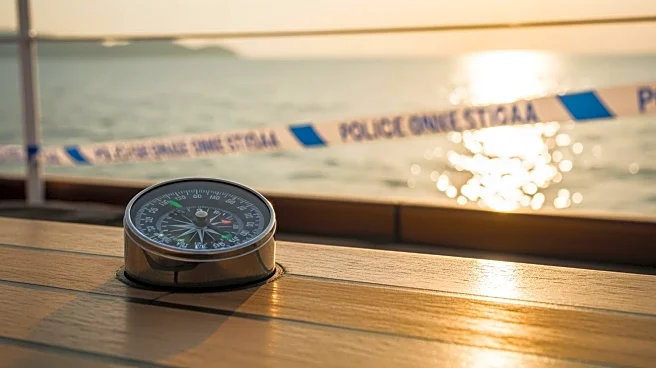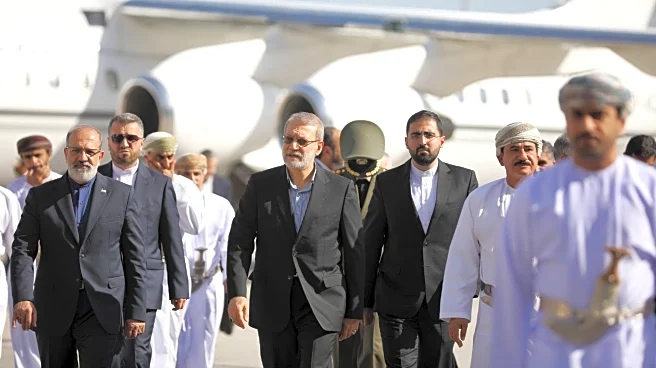What's Happening?
Italian prosecutors in Milan are investigating allegations of 'sniper tourism' during the Bosnian war, where a group of Italians reportedly paid members of the Bosnian Serb army to organize trips to Sarajevo for the purpose of killing civilians for entertainment.
The investigation was initiated by an Italian writer who began researching the case after viewing the 2022 documentary 'Sarajevo Safari.' The Guardian has covered this investigation, highlighting the disturbing nature of these alleged activities during the 1992-1995 conflict in Bosnia-Herzegovina.
Why It's Important?
The investigation into 'sniper tourism' underscores the ongoing challenges in addressing war crimes and the ethical implications of such activities. If proven true, these allegations could lead to significant legal consequences for those involved and further strain international relations. The case also highlights the need for continued vigilance and accountability in post-conflict regions, ensuring that justice is served for victims of war crimes. This investigation may prompt broader discussions on the moral responsibilities of individuals and nations in conflict zones.
What's Next?
As the investigation progresses, it is likely to attract international attention, potentially leading to diplomatic discussions between Italy and Bosnia-Herzegovina. Legal proceedings could follow if sufficient evidence is found, possibly resulting in trials for those accused of participating in 'sniper tourism.' The case may also inspire further investigations into similar activities during other conflicts, emphasizing the importance of historical accountability and justice for war crimes.
Beyond the Headlines
The allegations of 'sniper tourism' raise ethical questions about the commodification of violence and the psychological impact on individuals who engage in such activities. It also reflects broader societal issues regarding the desensitization to violence and the moral decay that can occur in war-torn regions. This case could lead to discussions on the need for stronger international laws and ethical guidelines to prevent similar occurrences in the future.

















